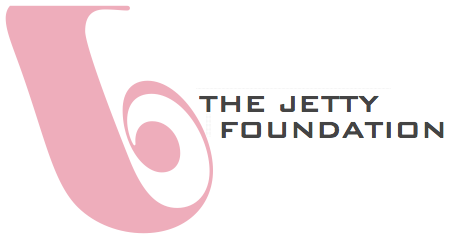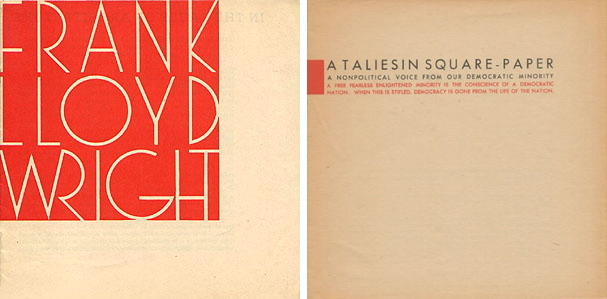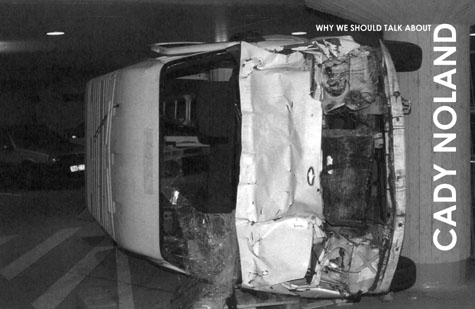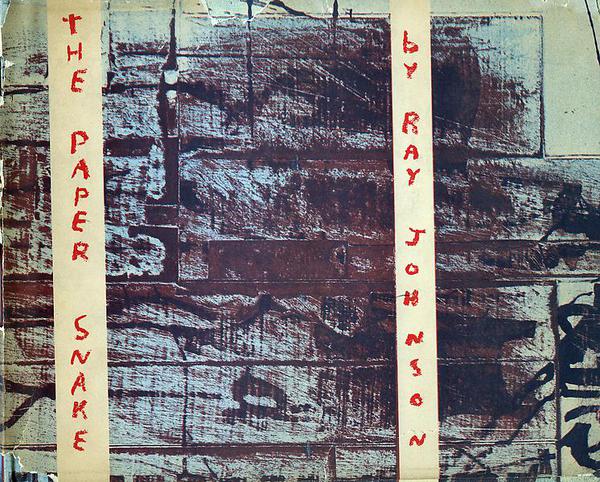
A couple of days ago I received a check. Actually, The Jetty Foundation, of which I am the president, received a check. It was from the State of Utah for fifty dollars, an overpayment of a filing fee for annual withholdings taxes.
[I created The Jetty Foundation as a not-for-profit corporation in 2011 in order to bid on the lease for state-owned land underneath Spiral Jetty. Though the Foundation’s bid was not accepted, the terms we proposed ended up getting baked into the renewed lease the state signed with the Dia Foundation, so that was nice.
The Jetty Foundation was not party to any of the negotiations or activities of Dia and its new local Utah partners, and has had no formal activities since 2011. Recently, though, I have discussed making a publication of historical documents related to the Jetty and its site. And also the feasibility of conducting open-access conservation surveys. For these possibilities and any others, that might arise, I have maintained the corporate entity in good standing. Corporations are people, too, after all.]
Alas, this corporate person does not have a bank account, and cannot sign over its check to me, the president, who paid the fee in the first place. And it seems kind of ridiculous to set up a corporate bank account solely to deposit one check.
I considered offering the check as an artwork, a unique work on paper, whose worth might surpass its face value. I thought of copying it a bunch of times as an edition. I half-joked on Twitter of just gathering a bunch more money for the Foundation, enough to make opening a bank account worth the effort. Well, no one’s laughing now.
greg.org is pleased to announce A Very Special Episode of Better Read, an adaptation of Chris Burden’s 1979 radio work, Send Me Your Money, benefitting The Jetty Foundation, as re-performed by a robot.
[Just as I am not interested in the various art student re-performances of Burden’s more physically extreme early works, the several other human re-performances of Burden’s Send Me Your Money kind of bored me. I did find it interesting that the robot voice cut nearly fifteen minutes off Burden’s time, even after I tried to manipulate its pacing. But It was listening to a pledge drive on a local public radio station tonight that sealed the deal; this is audio vérité.]
Download Better_Read_Jetty_Fndn_SendMeYourMoney_20160513.mp3 from dropbox greg.org [mp3, 41min, 59mb, via dropbox greg.org]
Podcast: Play in new window | Download
Subscribe: RSS




